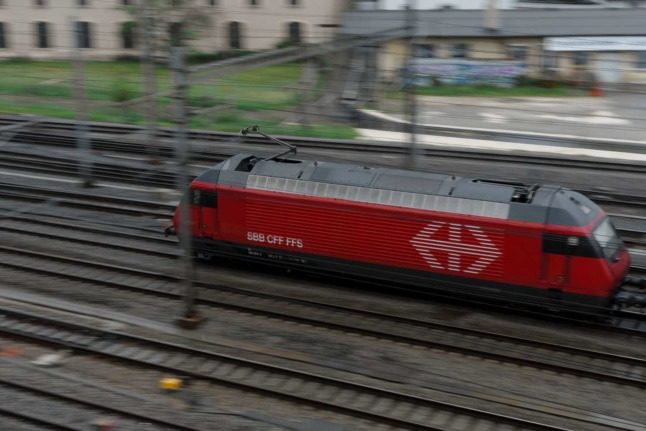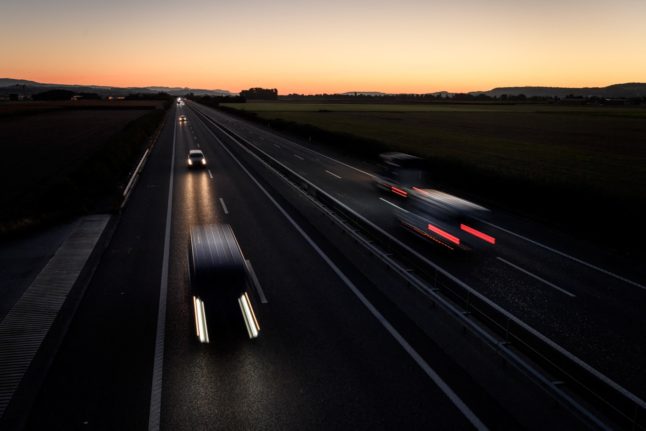In its draft timetable for 2023, the SBB looks set to reduce the number of trains circulating between some Swiss cities, while adding services for leisure commuters.
The lines will be cut due to a lack of demand, with the SBB telling Swiss media that train usage across the country had not returned to pre-pandemic levels.
Some of the lines that will be cut however are in peak hours between major Swiss cities, which could be problematic for commuters.
For instance, the SBB is planning to do away with several trains between Bern and Zurich, including those departing from Bern at 7:10am and 4:10pm, and the departures from Zurich at 6:49 am.
Two morning connections on the Lucerne-Zurich route are also to be eliminated, along with some off-peak-hour trains between Zurich and Arth-Goldau on weekdays and between Bellinzona to Zurich on Sundays.
However, the draft timetable for 2023 also provides for an expansion for the leisure traffic on weekends, including between Geneva and Chur.
New direct connections are also planned on the Romanshorn-Interlaken route. This means that the tourist destinations in the Bernese Oberland will be better linked to eastern Switzerland and the Zurich area.
As yet, the draft timetable has only been seen by media sources, but will be released publicly for consultation towards the end of May.
Night trains grow in popularity
A growing demand for night trains has seen a number of new routes added to the network going from Swiss cities to major European destinations.
There will be an additional night train to Prague via Germany, while in the future lines to Leipzig and Dresden will be added.
Existing lines to several German and Austrian cities like Hamburg, Berlin, Vienna and Graz will have their capacity expanded.
Night trains have grown in popularity in recent years, a trend which was accelerated by the Covid pandemic.
Travel: What are the best night train routes to and from Switzerland?



 Please whitelist us to continue reading.
Please whitelist us to continue reading.
Member comments